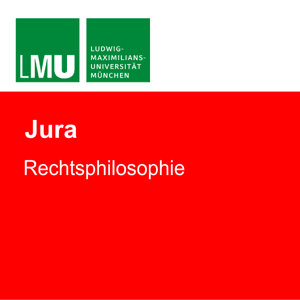This dissertation is an investigation of temporality and time in light of Bernhard Waldenfels’ responsive phenomenology. Both intentionality, a classical concept in the phenomenolgy of Husserl, and responsivity, a concept developed by Waldenfels, are approaches to the riddle of time. Time is the main concern of metaphysical and religious discourse and must be taken into account in every consideraton of freedom.
The dissertation consists of three main parts, which are divided into 49 chapters.
In the First Part, “Otherness and Corporeality,” I analyze Waldenfels’ specific approach to the rethinking of the self by highlighting the experience of the other/the alien. The experience of the other makes a conclusive self-identification impossible. Due to its response to the demand of the other in the broadest sense, a self is generated. The self and the other co-originate, which is always a process and brings to light the significance of the sentient or lived body of a self. The sentient body, in which intentional consciousness is situated and embodied, is the “primal memory” and is therefore intrinsically related to an ultimate revelation of intentionality as the basic working principle of consciousness; this leads to consciousness’ being enclosed in and a slave to its own intentional stucture. With this as background, I understand Waldenfels’ demonstration of and emphasis on responsivity as an insight into freedom despite the fundamental intentionality of consciousness.
In Part Two, “Temporality and Responsivity,” I set forth the profundity of the concept of responsivity with regard to temporality. Responsivity implies a freedom that necessarily takes the basic temporality of existence into account. In my discussion I touch on the analyses of consciousness found in modern biological psychology and traditional Buddhism. I stress that both intentionality and responsivity are based on temporality, which is the source not only of enslavement, but also of freedom.
With Part Three, “Temporality and Responsivity as Related to the Problem of Religious Dialog,” I approach the topic of the religious in the lifeworld. The religious is rooted in everyday life in the lifeworld. The basis for religious dialog is not the scriptures of world culture, which are necessarily characterized by specific intentional structures. Everyday life, thanks to its temporality, is full of inexhaustible possibilities. A responsive life is of itself religious because it is open to the creativity of reality.


























